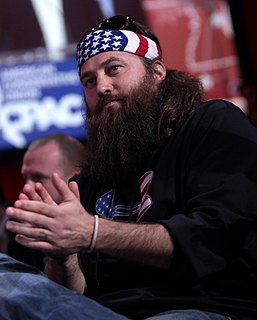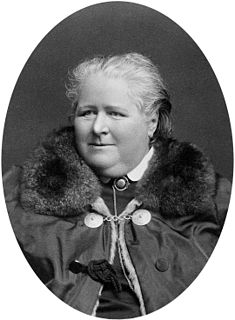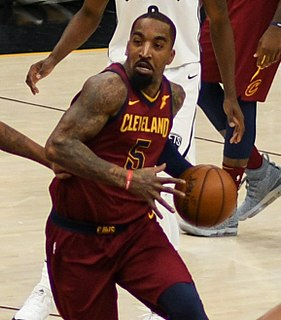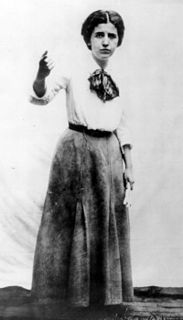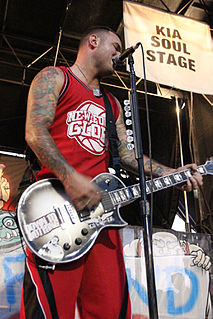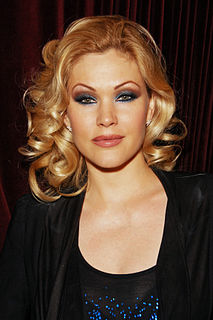A Quote by Willie Robertson
I think Dad didn't really treat us like children; he treated us more like little adults. We were good kids.
Related Quotes
We had enough years in front of us to be serious and grown-up and respectable. Why rush it? But on the other hand we always complained when teachers and other adults treated us as kids. In fact there was nothing that annoyed me more. So it was a frustrating situation. What we needed was a two-sided badge that said 'Mature' on one side and 'Childish' on the other. Then at any moment we could turn it to whatever side we felt like being and the adults could treat us accordingly.
I think it's more difficult writing what it's like to be a child. You can pretend you know what it's like, but you don't really know. The only parts I can remember is that the adults were like, "Aren't they cute?" But when you're little you're looking at the other kids like they're your colleagues. They're not like, "Oh, we're all cute little kids." They're more like your office acquaintances. It's very hard to grasp the memories of what it actually was like to be a kid.
My dad and mom were more like World War II-era parents, even though it was the 1960s, because they were both born in the '40s. They were young adults before the '60s even happened, and married, and already having kids. But by the time we were adolescents in the '70s, the whole culture was screaming at parents, "You're a good parent if you're open with your kids about sex." They attempted to be open with us about sex, and it made them want to die, and consequently, it made us want to die.
The new concept of the child as equal and the new integration of children into adult life has helped bring about a gradual but certain erosion of these boundaries that once separated the world of children from the word of adults, boundaries that allowed adults to treat children differently than they treated other adults because they understood that children are different.
I went through a really good-looking phase from birth to 9. And then things went crazy. I don't know what happened, but between 9 and 14 it was really, really rough. I didn't have a lot of friends. The only ones who were nice to me were the theater kids. And they were like, 'You can come and join us. No one likes us.'
I went through a really good-looking phase from birth to 9. And then things went crazy. I don't know what happened, but between 9 and 14 it was really, really rough. I didn't have a lot of friends. The only ones who were nice to me were the theater kids. And they were like, 'You can come and join us. No one likes us.
